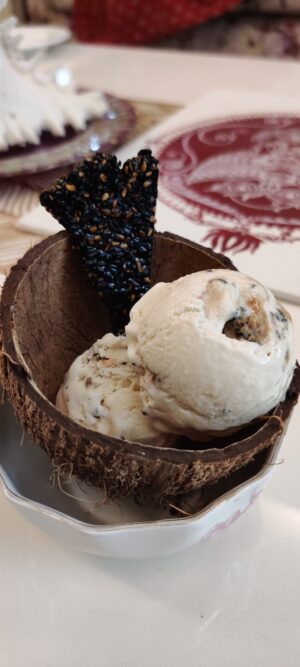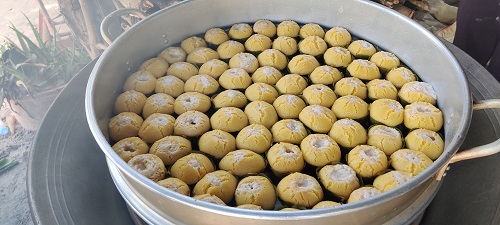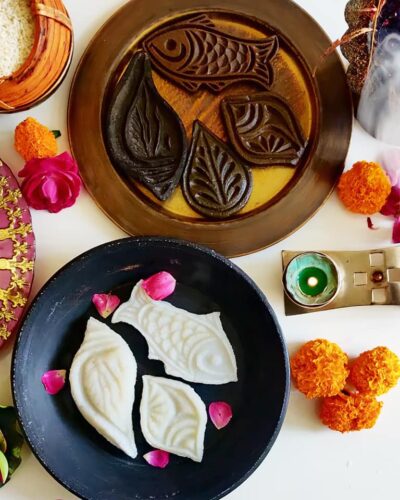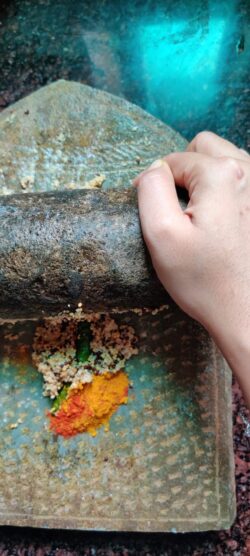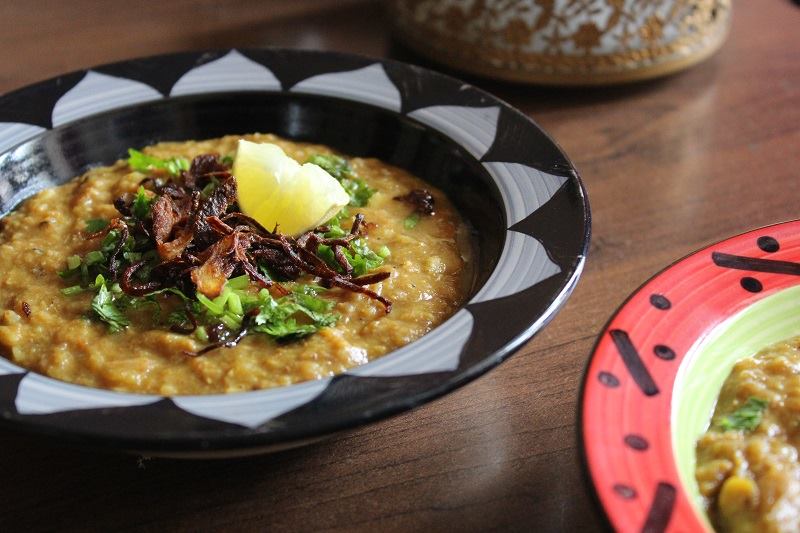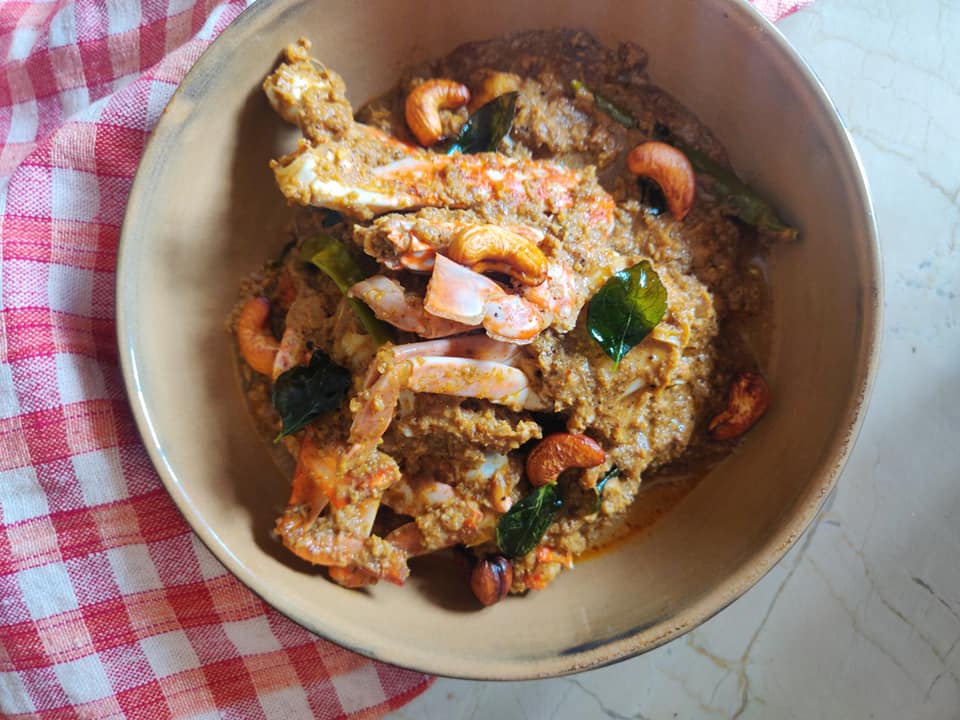
I was on a work trip to Chennai and Trichi when I first met Aheila. Petite, dusky, large fluid eyes, ever smiling with a garland of fragrant jasmine on her long plaited hair. As she greeted me at the arrival section of Chennai airport, my first thought was that her personality and face matched her soft, singsong voice perfectly. What none of those external traits matches was her strength and resolve.
Aheila came to India in the 1980s with her husband and young son of few months. She was one of the many who took boats in the dead of the night to India to flee the civil war in Sri Lanka. They were forced to leave a home, land – almost everything of value behind in pursuit of safety as the family feared for the lives for her husband and her teenage nephew. When she left, she had a secure government job, and her husband was a teacher. Overnight, the family became refugees, one amongst the many refugees in camps across Tamil Nadu. Today there are around 84,000 Tamil refugees in India who live in camps, and outside. Aheila was in-charge of administration in the organisation of Elam refugees rehabilitation. Only Aheila could narrate this in a matter-of-fact tone, with a smile, over a cup of coffee after we reached Trichy from Chennai. I struggled to keep my professional calm and to not hold her in a hug. I was there to visit the camps and meet the people, over the next two days. I made a mental note that it would be an emotionally difficult trip.
Over the next two days, I met countless women, men and children; attended medical camps, played cricket, imparted a domestic violence counselling training and listened to their stories. The pain was heartbreaking and the resolve impossible! These people were still picking up shreds of normalcy every morning and building a life around it. Life as a refugee had no anchor. In between all that turmoil, they sang, fell in love, got married, had children, studies, worked, reached out to local communities – dreamt and hoped. Most from the older generation dreamt of going back to their country, and many from the younger generation hoped India would let them stay back! Neither understood why the other wanted what they wanted. Aheila quietly told me that she had the same arguement everyday with her son.
Amongst every other thing, lunch was an experience that stood out everyday. The women from the camps ran a canteen, and we ate there. The food was simple, robust, flavourful Sri Lankan cuisine. After every meal, they would come and ask me how I liked it, what I liked. Their pride in their food, and the semblance of belonging that the act of being able to cook and share their cuisine gave them was evident and infectious. The last meal I had on the trip had an excellent crab curry that Aheila had specially made for me. It was bursting with flavours and warm with spices. I asked her for the recipe, and she said she will give it to me on the flight back.
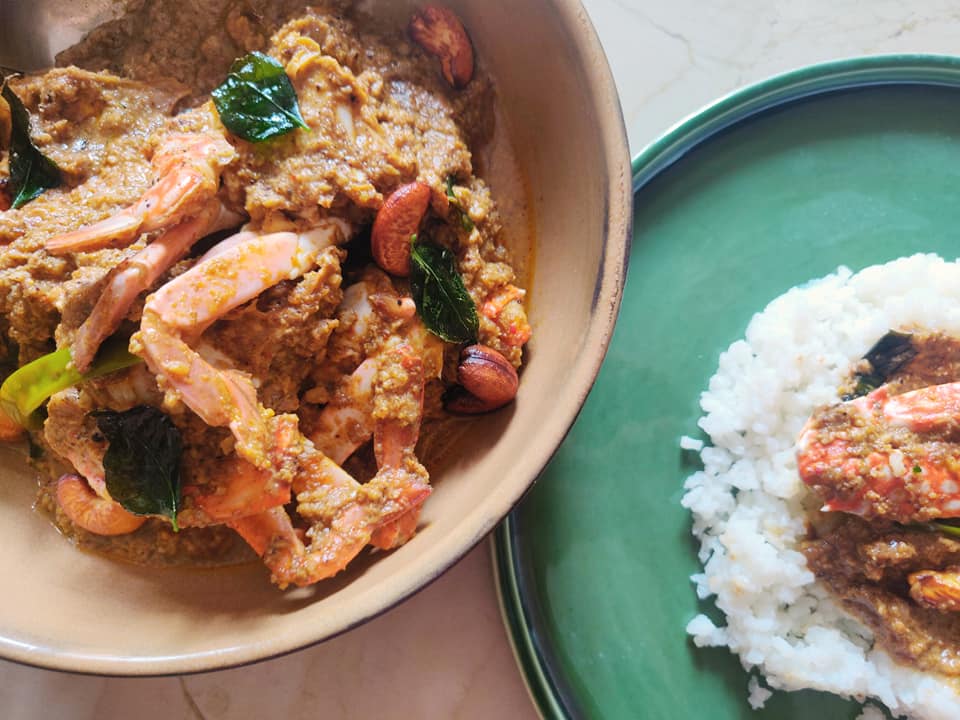
She did keep her promise. Before dropping me off at the Chennai airport, she handed me a paper with the recipe for the crab curry, a bean curry and a carrot salald, everything I had loved, written on it and a bottle of ground spice mix – the Jaffna curry powder, she said. The curry wouldn’t be the same without it.
I have met Aheila after that and we speak on the phone. She has twice replenished my bottle of curry powder, and I have never been able to bring myself to ask for the recipe. To me, it feels as if it would mean I won’t see her again.
As the pandemic loomed large, I had emailed Aheila asking how she was and how were people at the camp. Neatly tucked within the reply were two more things. One was the information that she and her son have come to an understanding – she and her husband would go back when they can, and he will stay back as long as he feels. Second was the question whether I have finished my bottle of curry powder.
P.S. As social distancing brought to me the hard realisation of physical distances, it also made me appreciate people I have met, who have cared for me and have impacted my food journey. More than anything, I realised, I identify more with Aheila than I could ever imagine. I have seen my father and grandparents talk about a lost home. And I have failed to understand. The trip and the stories made me understand my father better. It gave me a closure.


